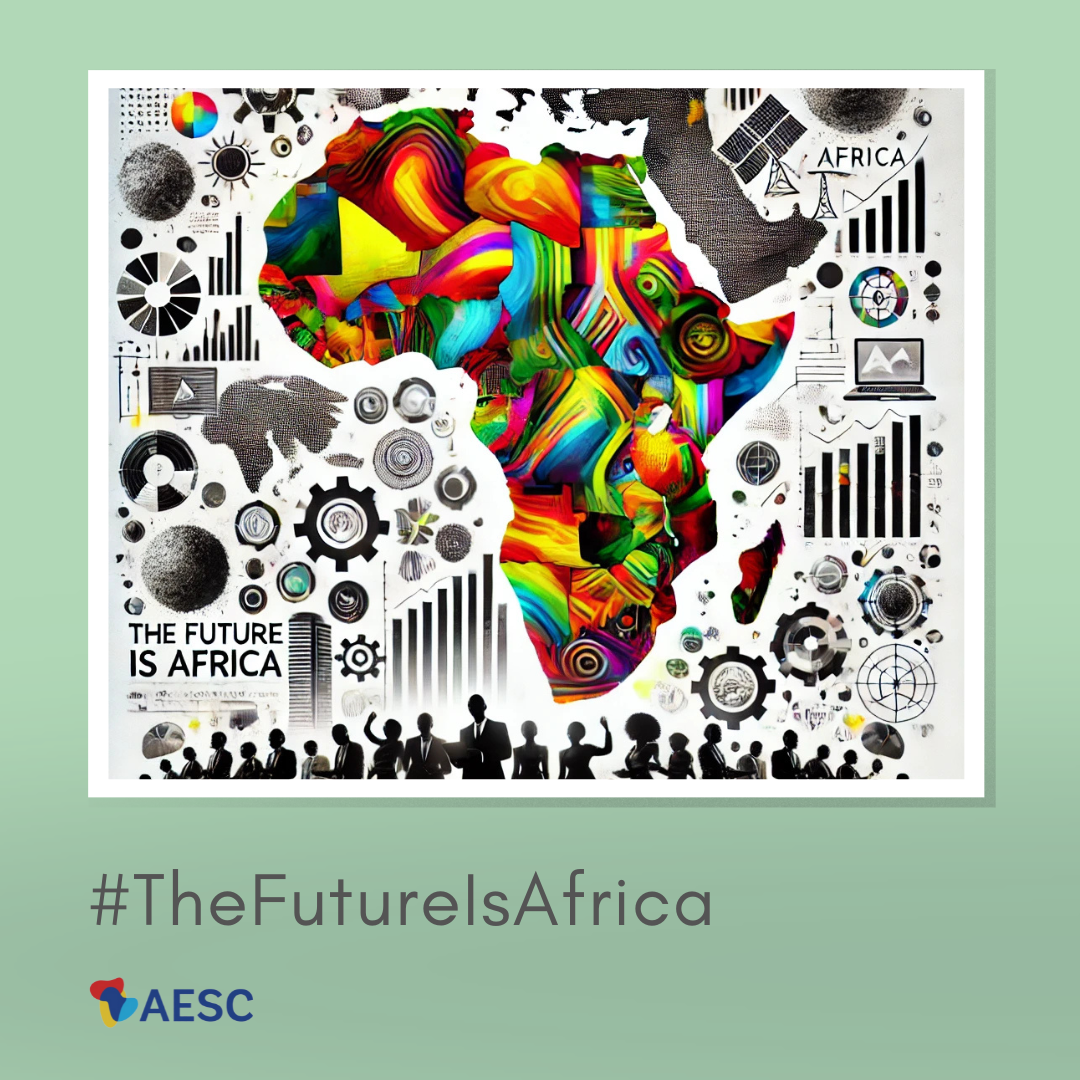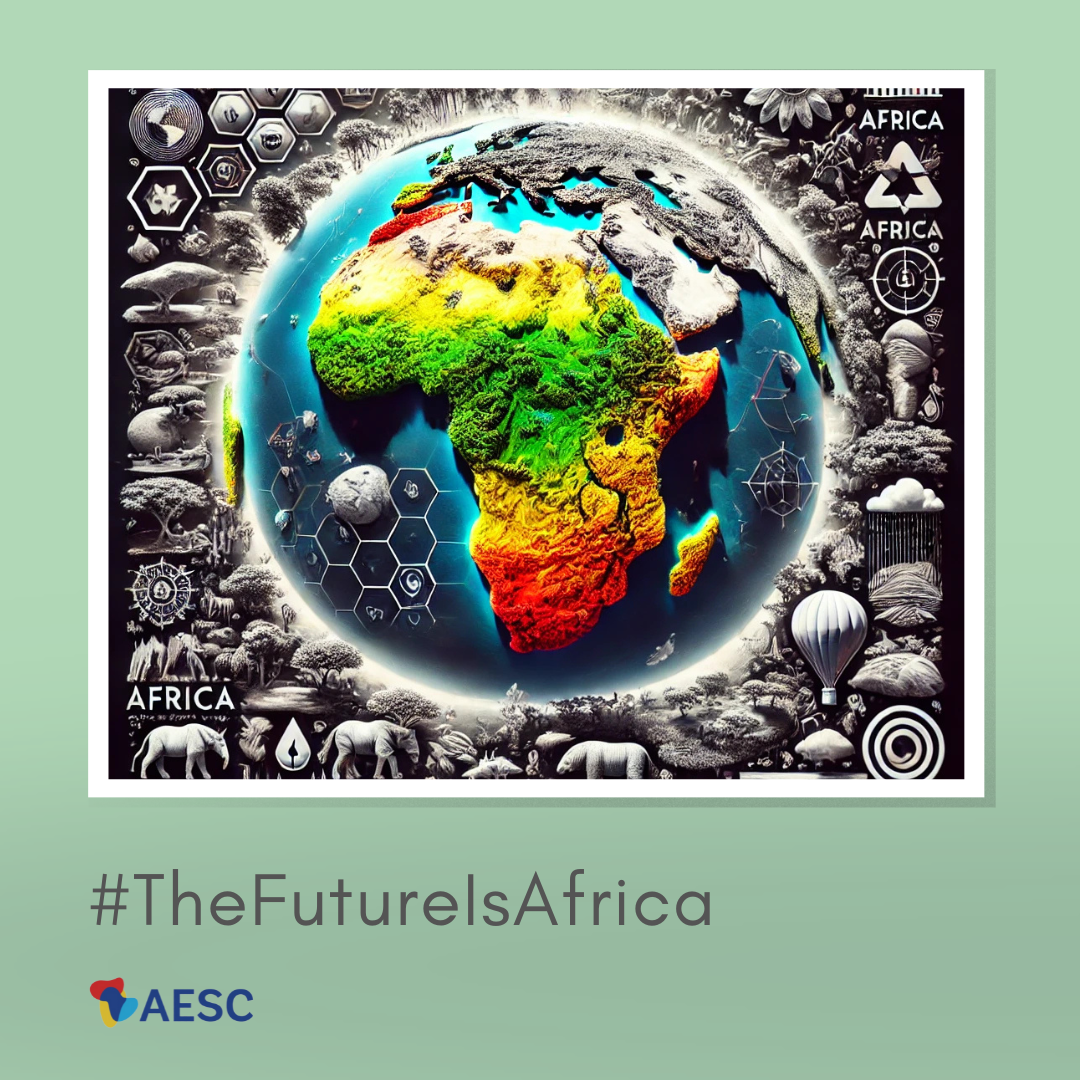
Africa’s Natural Resources: A Cornerstone for Global Economic Growth
Africa’s wealth of natural resources positions it as a critical driver of the global economy and underscores why the future is closely tied to the continent’s development. From vast reserves of oil and gas to an abundance of minerals and expansive agricultural land, Africa possesses some of the world’s most valuable and strategic resources. As global markets increasingly rely on the supply of these resources, Africa’s influence is set to grow, making the continent not only an essential hub for extraction and production but also a key player in advancing technological and economic transformations worldwide.
1. The Abundance of Africa’s Natural Resources
Africa is home to an unparalleled concentration of natural resources, holding about 90% of the world’s raw materials. This includes 40% of global gold reserves and 33% of diamond reserves, making the continent a crucial supplier of these valuable minerals. In addition, Africa has approximately 80% of the world’s coltan reserves, a critical component used in the production of electronic devices such as smartphones and laptops. This abundance not only ensures Africa’s role as a global supplier but also gives it significant leverage in international markets, especially in a world that is increasingly dependent on technology.
These resources are not confined to just a few countries; rather, they are distributed across the continent, with major deposits in nations like South Africa (gold and diamonds), the Democratic Republic of Congo (cobalt and coltan), Nigeria (oil and gas), and Angola (diamonds and oil). Such diversity presents a unique opportunity for regional development, economic cooperation, and integration. By harnessing this wealth, Africa can transform its natural endowments into lasting economic growth and stability.
2. The Strategic Importance of Oil and Gas Reserves
Oil and gas form a major part of Africa’s natural wealth, with countries like Nigeria, Angola, Algeria, and Libya being significant producers. Africa accounts for over 10% of the world’s oil reserves and substantial quantities of natural gas, which are essential for global energy security. As the world undergoes energy transitions and shifts toward a mix of renewable and non-renewable sources, Africa’s oil and gas reserves remain critical in balancing global energy needs.
The significance of these resources extends beyond just supply. Africa’s potential to develop its energy infrastructure presents opportunities for job creation, foreign investment, and local economic growth. Investments in refining capacity, pipeline infrastructure, and regional energy networks could transform Africa into an energy hub that not only supplies global markets but also powers its own industries, reducing energy poverty and supporting sustainable development.
3. The Mineral Wealth Driving Technological Advancement
Africa’s mineral wealth goes beyond precious metals like gold and diamonds. The continent is a vital source of minerals that are indispensable for modern technologies and the global green energy transition. Coltan, of which Africa holds 80% of the world’s reserves, is essential for producing capacitors used in electronic devices and lithium-ion batteries. Similarly, Africa possesses significant reserves of cobalt, copper, and rare earth elements, all crucial for the production of electric vehicles (EVs), renewable energy infrastructure, and advanced electronics.
As the global demand for these minerals rises, Africa’s strategic importance is increasing. The continent’s ability to supply these critical raw materials provides it with leverage in international markets, influencing the trajectory of technological development worldwide. Furthermore, as companies and governments seek to secure supply chains for these essential minerals, Africa stands to attract significant Foreign Direct Investment (FDI), leading to economic growth and industrialization opportunities.
The opportunity for Africa goes beyond being a supplier of raw materials. By developing local processing and manufacturing capabilities, African countries can move up the value chain, creating jobs and increasing economic output. The establishment of value-added industries, such as mineral processing plants and manufacturing facilities for electronics, batteries, and other technologies, could transform Africa from a resource exporter into a hub of industrial activity, ensuring more of the wealth generated from its natural resources remains within the continent.
4. Agricultural Land: Africa’s Underutilized Asset
While minerals and hydrocarbons often dominate discussions about Africa’s resources, the continent’s agricultural land is an equally vital asset. With 60% of the world’s arable land, Africa has the potential to become the world’s largest producer of agricultural products. This expansive agricultural capacity is critical for global food security, especially as climate change and population growth challenge traditional agricultural regions.
In addition to its potential for traditional farming, Africa’s agricultural sector is ripe for modernization. Investments in agro-industry, irrigation, and mechanization could significantly increase productivity, turning Africa into an agro-industrial powerhouse. Countries like Nigeria, Kenya, and Ethiopia are already making strides in agribusiness, producing not only staple crops like maize and rice but also high-value exports such as coffee, tea, and horticultural products.
Agriculture is also linked to Africa’s broader sustainability goals. Expanding green agriculture practices, such as organic farming and agroforestry, offers Africa the opportunity to align its agricultural growth with environmental conservation. Sustainable agricultural development not only ensures food security for Africa’s growing population but also supports global efforts to reduce carbon emissions and protect biodiversity.
5. The Global Importance and Implications of Africa’s Resource Wealth
Africa’s natural resources are of global significance, not just because of their abundance but also due to their strategic relevance. As the world increasingly prioritizes renewable energy and advanced technology, Africa’s wealth in minerals like cobalt, copper, and coltan becomes crucial. The continent’s ability to supply these resources influences the development of technologies essential for the energy transition, such as wind turbines, solar panels, and electric vehicles.
Furthermore, Africa’s oil and gas reserves, while essential today, can also play a key role in funding and supporting the development of renewable energy projects across the continent. For instance, revenue from oil exports can be invested in solar, wind, and hydropower projects, which have the potential to transform Africa into a leader in clean energy. This dual approach allows Africa to maximize its existing resources while preparing for a sustainable, diversified energy future.
The global implications are clear: as Africa’s resource wealth becomes increasingly important, the continent’s role in international economic and technological systems will grow. This not only enhances Africa’s geopolitical influence but also underscores the need for strategic partnerships and investments that promote sustainable, inclusive development. To fully unlock the potential of Africa’s resources, African governments, international organizations, and the private sector must collaborate in ways that ensure transparency, equity, and long-term benefits for local communities.
Conclusion
Africa’s vast reserves of natural resources—ranging from oil, gas, and minerals to agricultural land—make it an indispensable player in the global economy. With 90% of the world’s raw materials, 40% of global gold reserves, and 80% of the critical coltan reserves required for technological development, Africa’s future is intrinsically linked to its ability to manage, develop, and sustain these resources. By leveraging these assets through sustainable practices and strategic investment, Africa not only stands to transform its own economies but also to shape the global future, solidifying its position as a cornerstone of global growth and technological advancement.



